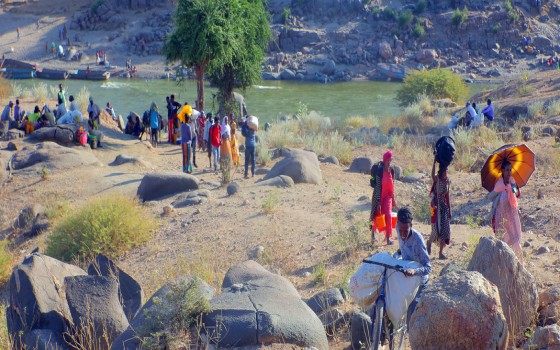
The unprecedented melting of tropical glaciers, prepared by Dr. Abdel Moneim Sedqi Agricultural Research Center - Egypt

- Europe and Arabs
- Wednesday , 14 August 2024 7:13 AM GMT
In an analytical study conducted by Science magazine in early August 2024, the tropical glaciers located in the high Andes Mountains have disappeared in a terrifying way than they were since the Ice Age, which threatens the future melting of glaciers in all parts of the world. The study showed that tropical glaciers have retreated over recent decades, and they are now smaller than they were at least 11,000 years ago. Thus, the tropics are the first large region to document this decline.
In Venezuela, the Humboldt River has become too small to be classified as a glacier, as Venezuela has lost all its glaciers, becoming the first country in the Americas to lose all its glaciers, according to the American website Axios. "Beryllium 10" and "radiocarbon 14" are formed in rocks when cosmic rays from outer space penetrate the atmosphere and interact with the elements that make up the Earth's surface. Their discovery helps trace the last time the rocks were exposed to cosmic rays. The study found no trace of beryllium-10 or radiocarbon-14 in any of the 18 rock samples measured in front of four tropical glaciers, meaning there was no significant prior exposure to cosmic radiation since these glaciers formed during the Ice Age.
The shortage of beryllium-10 and radiocarbon-14 is evidence of the unprecedented rise in tropical temperatures and global warming that has caused the ice caps of glaciers to melt. The study warns that more melting will occur Other glaciers around the world.












No Comments Found